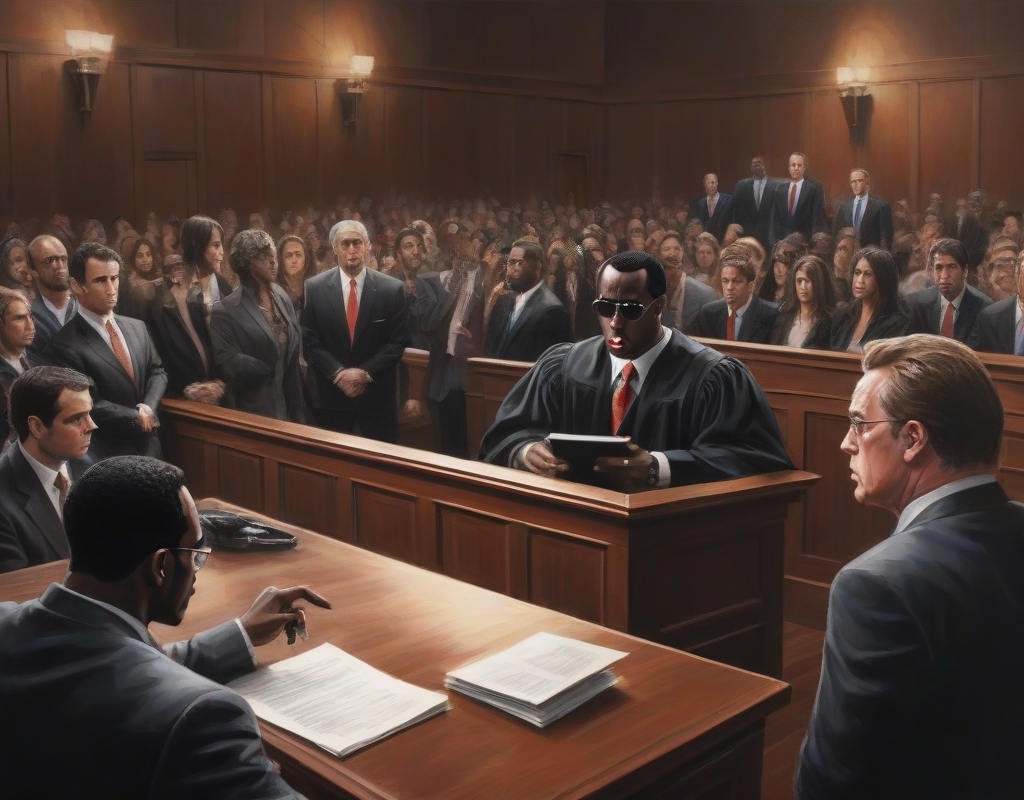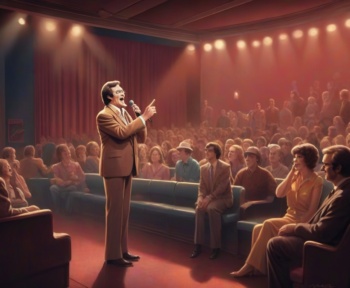Sean Diddy Combs, a pivotal figure in the music industry and founder of Bad Boy Records, is currently ensnared in a grave legal issue, facing a lawsuit that puts his reputation and career at risk. The lawsuit, which seeks $10 million in damages, involves serious accusations of sexual battery and false imprisonment made by fashion designer Bryana “Bana” Bongolan. The alleged incident occurred back in 2016 at the luxury apartment of Combs’s then-girlfriend Cassie Ventura and involved a distressing scenario where Combs is accused of dangling Bongolan from the balcony of a 17th-floor apartment.
According to details laid out in the legal documents filed in a Los Angeles court, during the incident on September 26, 2016, Combs is said to have acted out of rage. Bongolan claims that Combs not only threatened her life by hanging her over the balcony railing but also physically assaulted her by slamming her into patio furniture. The filing suggests that this episode was not an isolated event, but rather a part of continuing aggressive behavior by Combs towards Bongolan involving a pattern of intimidation and violence.
This isn’t the first time that Combs has been enmeshed in legal controversies. The year 2023 saw him reportedly settling a separate abuse and rape lawsuit filed by Cassie Ventura for an amount rumored to be close to $30 million. Combs’s current incarceration at the Metropolitan Detention Centre in Brooklyn, where he awaits trial, could lead to a life sentence if a conviction is made. His legal representatives, however, refute all claims, alleging that these accusations are merely attempts to extort money from the celebrity.
Despite his significant contributions to the music scene over the decades, highlighted by his Grammy Awards and profound influence on hip-hop culture, the continuing legal challenges have inevitably left a blemish on his public persona. Such allegations bring to light the persisting issues within the entertainment industry regarding the treatment of women, prompting community-wide introspection and dialogue.
The reverberations of this case have elicited mixed reactions from the public. Some fans continue to support Combs, seeing the accusations as unfounded, while others express dismay and demand accountability, intensifying the conversation surrounding misogyny and the abuse of power in the entertainment sphere. Advocacy groups and critics emphasize the pressing necessity for reforms and stronger protection measures for individuals in the industry, particularly women.
Experts within the industry foresee this case potentially being a turning point. Sara Fulton, a sociologist who specializes in popular culture, indicated that such high-profile cases highlight systemic issues deserving of urgent reform to foster safer working environments. Entertainment lawyer Michael Stern stressed the importance of a zero-tolerance approach to abuse and harassment, advocating for stronger mechanisms to support survivors and hold perpetrators accountable.
The music industry has a troubling history with similar allegations of misconduct. Now, as this lawsuit progresses, it could signify a critical juncture in how the industry approaches these concerns, underscoring the need for comprehensive policies and support systems for victims.
As the legal proceedings against Combs move forward, with a trial set for May 2025, the world watches closely. The unfolding of this case might bring additional shocking revelations and testimonies, challenging Combs’s defense team significantly and potentially swaying public opinion further.
In the forthcoming months, the stakes are high for Combs. His personal and professional life teeters on uncertainty. Moving forward, his best course may be through expressions of genuine remorse and visible commitments to change, transcending mere legal settlement. Such steps might help rehabilitate his public image irrespective of the trial’s outcome.
This lawsuit transcends a private legal battle and taps into deeper societal issues that call for immediate attention and systemic change. As developments unfold, they underscore the need for the entertainment industry, and broader society, to hold individuals accountable for their actions, irrespective of their status. The resolution of this case could very well shape the handling of similar allegations in the future, steering industry-wide changes aimed at curtailing such injustices.
While the court deliberates on Combs’s culpability, the lingering question of societal and industry-wide implications beckons a collective response. The entertainment community, alongside stakeholders from various sectors, must consider strategies to cultivate a more equitable environment, ensuring safety and respect for all participants.




